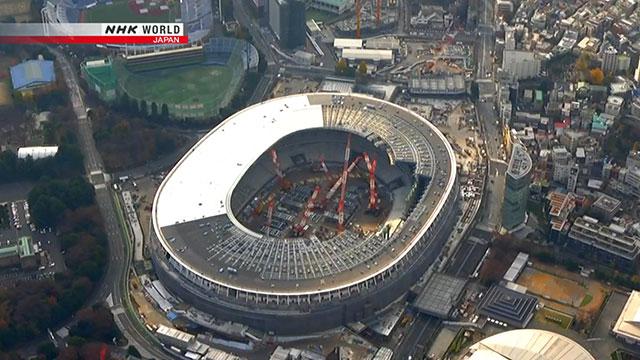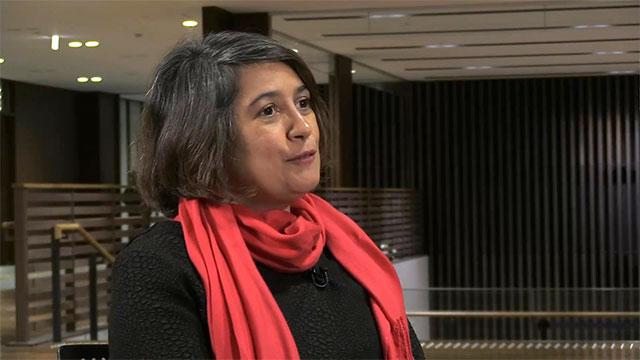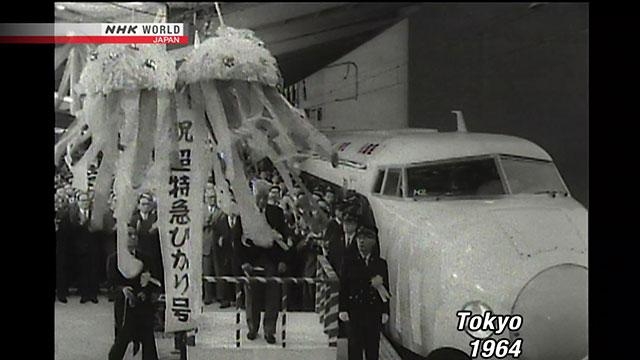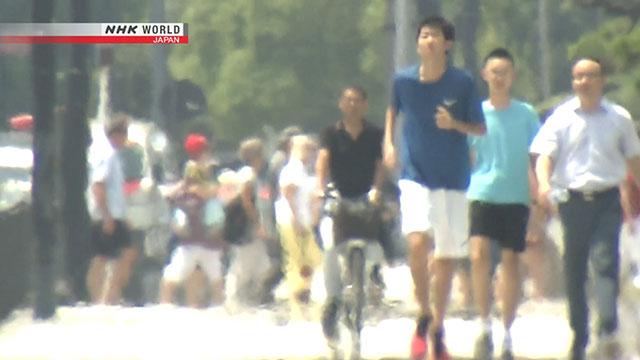But there doesn't seem to be much excitement for the Games--not yet, at least. At the moment, we hear more about the downsides of hosting. A shortage of construction workers in the country as a result of demand from Olympic venue projects and a possible economic downturn after the Games are just two examples.
But regardless of these concerns, the Olympics will happen in just over 500 days. Japan must take advantage of the opportunity and consider what legacy it wants the Games to leave for its people.

The International Olympic Committee introduced the word “legacy” to the Olympic Charter in 2003. Since then, the "Olympic legacy" has become an increasingly important talking point. In fact, it's led many cities, worried about the cost and the impact it will have on their countries, to withdraw their candidacies in recent years. The Games have been steadily expanding (from only 14 nations in the first modern Games in 1896 to more than 200 nations and territories in 2016) and this has led to a ballooning price tag for the hosts.
In the globalized world of the 21st century, the Olympics can no longer be just a sporting competition. It has to benefit the people of the host country and the rest of the world.

So how can Tokyo benefit from hosting in 2020? Dr. Tania Braga, Head of Legacy of the IOC, was in Tokyo in December. Her take is that the three Olympics Japan has already hosted (Tokyo 1964, Sapporo 1972, and Nagano 1998)--in particular the first two--left tangible legacies. With Tokyo 1964, less than two decades after the end of WWII, Japan demonstrated how it had rebuilt itself from the ashes and become a democratic nation, thanks to help from the international community. In Sapporo 1972, the country showcased its modern underground transportation system, allowing people in the snowbound city to travel freely.

Braga believes Tokyo 2020 should aim to leave a “human legacy”. For example, stoking public interest in volunteering, raising awareness of various sports, and advocating for an open society that interacts culturally with the rest of the world. There are worries that Tokyo in July-August might be too hot both for athletes and spectators. How to make the city cooler? Serious concerns for transportation jam, especially during rush hours are also raised. If Tokyo can come up with sustainable solutions to these urban problems, not only during the games but at all times, that can be a notable legacy, too.

Just a few days ago, French prosecutors moved to possibly indict the chairman of Japan’s National Olympic Committee, Tsunekazu Takeda, for alleged bribery to help Tokyo win the 2020 Games. Takeda held a press conference, saying the bidding committee did nothing wrong, but he apologized for anything that might overshadow preparation efforts. We'll see which way the investigation goes, but I hope this won’t be the only legacy Tokyo 2020 leaves.

